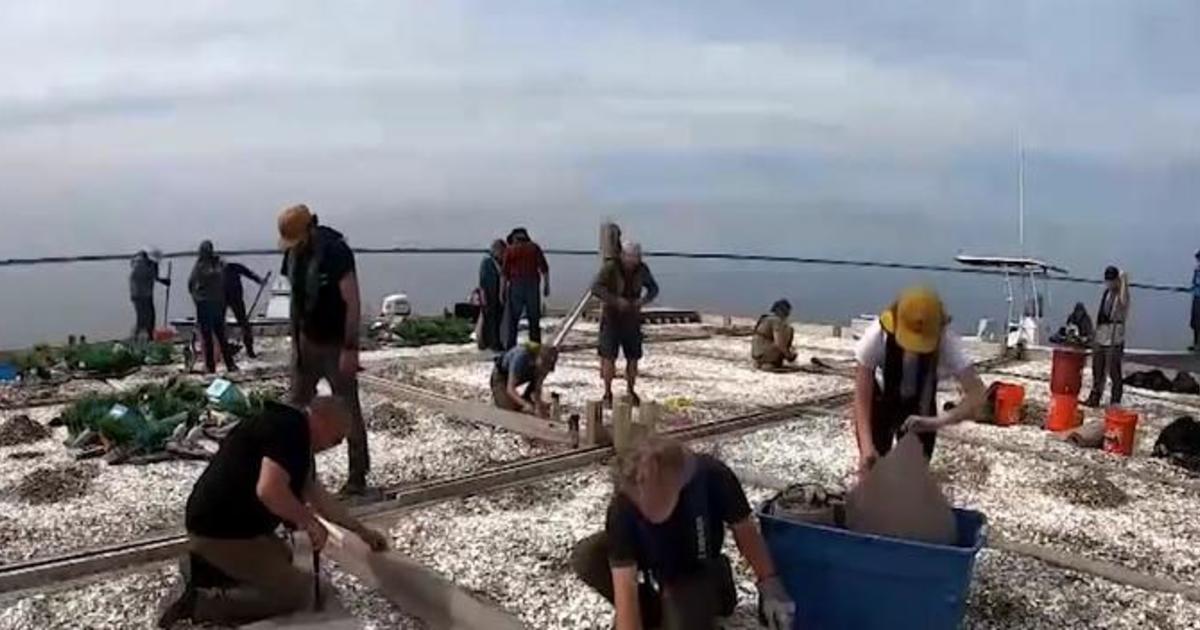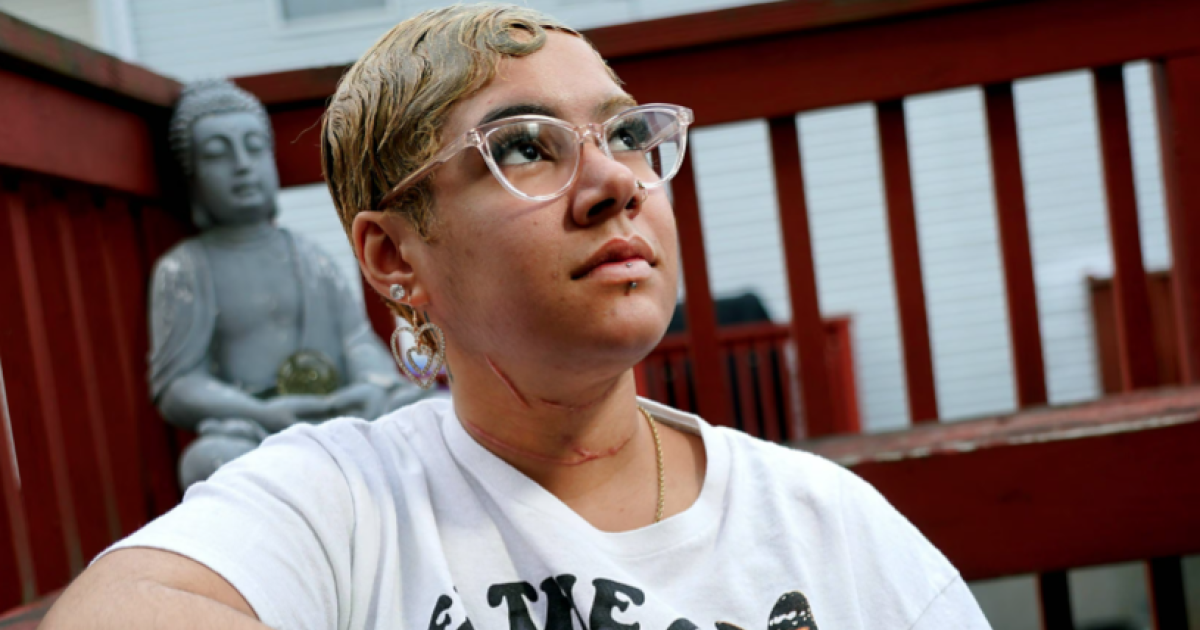Firm Goes Public With Sustainable Infrastructure
ANNAPOLIS, Md. (AP) -- A local company is banking its long-term prosperity on the next wave of publicly financed infrastructure projects.
Hannon Armstrong Sustainable Infrastructure Capital Inc. financed a $22.5 million investment for Puerto Rican solar panels and an energy efficient cooling system at Howard University Hospital in Washington, D.C.
Anne Arundel County's newest public company profits by financing sustainable infrastructure projects and collecting loan interest. The company estimates those projects will earn a combined $4 million annually for the next 20 years.
The firm went public in April with plans to raise more capital and take on larger projects. Located at the Annapolis Towne Centre in Parole, it has provided nearly $4 billion for the financing of 450 sustainable energy projects around the country since 2000.
"We do financially strong, sound economic projects," Hannon Armstrong CEO Jeffrey Eckel said. "All of our projects will be either neutral to negative on carbon emissions. We think that a generational defining issue for us is climate change. As a management team and our entire staff has said, `Let's do some good and make money.'?"
Traded as HASI on the New York Stock Exchange, it generates income by arranging third party financing and using its own equity or debt participation to pay for energy efficient efforts. The owner of the project pays back the principal for a set period with interest.
It opened on April 18 with shares trading at $11.60.
Hannon Armstrong is one of at least two publicly traded Real Estate Investment Trusts (REITs) dedicated to sustainable infrastructure, experts said. REITs allow for the direct investment in commercial real estate developments and investors can avoid corporate income taxes, subject to certain guidelines.
The IRS granted REIT status to Hannon Armstrong in July. Another sustainable infrastructure REIT is the Old Bethpage, N.Y.-based Power REIT.
Analyst Ben Kallo calls the company "a trailblazer," but said it will take some time for investors to understand their work. It's a different type of investment and investors focused on energy efficiency and renewable space aren't necessarily familiar with REIT structure, and those who work with REITs aren't as familiar with energy efficiency, he said.
"One of the biggest struggles investors have had with it so far is that it's a new type of REIT," said Kallo, who covers Hannon Armstrong for Milwaukee-based Robert W. Baird & Co. Inc. "The biggest obstacle it has to overcome is just time and execution of its business plan."
Hannon Armstrong started in the 1980s in Old Town Alexandria, Va. and remained there for 20 years before moving to space on Jennifer Road. It has a total of 21 employees that work between its current location in Parole and another office in California.
Through Baird, Kallo has given Hannon Armstrong an "Outperform" rating and a $15 price target. His research notes mention the company's work with the U.S. Coast Guard's operations in San Juan, Puerto Rico, and a hospital energy efficiency project at Howard University Hospital.
Prior to 2011, the Coast Guard's operations in Puerto Rico were getting electricity through the burning of fuel oil at the Puerto Rico Electricity Power Authority. Schneider Electric Buildings Americas was selected to install solar panels on more than 200 buildings at three sites and reduce costs. Hannon Armstrong paid $22.5 million toward construction and will get it repaid over 23 years at about $1.8 million a year.
In Washington, Howard University Hospital had a chiller plant that incurred high costs and couldn't cool the building during the summer months. Honeywell Building Solutions designed and constructed a replacement chiller unit, which was financed by Hannon Armstrong. The company owns the new plant and Honeywell operates it, with the hospital paying Hannon Armstrong $2.2 million a year for chilled water. Once the finance term ends in 2031, ownership of the chiller will be transferred to Howard University Hospital.
Sustainability will continue to be a growing theme since many institutions recognize their need, but can't afford to pay for them, Eckel said.
"The overwhelming scientific evidence, if you believe in a scientific method, is fairly compelling that there's a risk of climate change," Eckel said. "You don't necessarily have to change the way you live, you need to change the assets that allow you to live the life you want. This isn't about sacrifice and conservation necessarily, it's about modern infrastructure that uses less natural resources and provides the same level of comfort."
(Copyright 2013 by The Associated Press. All Rights Reserved.)



